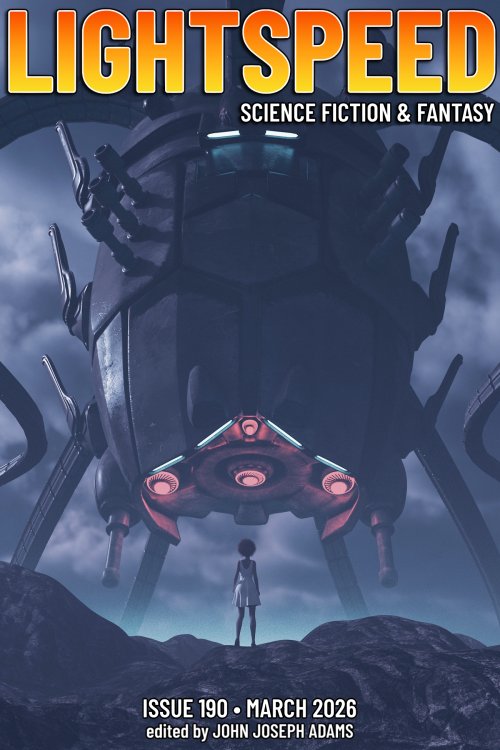The Unworthy
written by Agustina Bazterrica
translated by Sarah Moses
Paperback / Hardcover / eBook
ISBN: 9781668051887
Scribner, March 4th 2025, 192 pgs
 In a near and hopefully imaginary future, the world has been so ravaged by climate change that nearly everything is dead, dying, or polluted. Society has collapsed. The water is poison, the air is hazy, and the few animals that still roam are thin, deformed, and inedible. The people that are left behind are no better. In an old monastery, a group of women and one mysterious man rebuild society in the worst sense of the word, calling it the Sacred Sisterhood. Some are healthy, some are sick, and some are deformed by the neoreligious duties they’ve taken on in reaction to the perceived failures of the Catholic Church as the world fell apart. All of them live in suspicion and fear, recounted faithfully by the book’s narrator, who writes in blood and salvaged ink on reused paper that she has to keep hidden from the brutal Superior Sister. When a mysterious new woman shows up, our narrator is smitten by her purity, and the fragile, evil peace of the Sisterhood is threatened by new possibilities and reemerging memories of just how things got so bad.
In a near and hopefully imaginary future, the world has been so ravaged by climate change that nearly everything is dead, dying, or polluted. Society has collapsed. The water is poison, the air is hazy, and the few animals that still roam are thin, deformed, and inedible. The people that are left behind are no better. In an old monastery, a group of women and one mysterious man rebuild society in the worst sense of the word, calling it the Sacred Sisterhood. Some are healthy, some are sick, and some are deformed by the neoreligious duties they’ve taken on in reaction to the perceived failures of the Catholic Church as the world fell apart. All of them live in suspicion and fear, recounted faithfully by the book’s narrator, who writes in blood and salvaged ink on reused paper that she has to keep hidden from the brutal Superior Sister. When a mysterious new woman shows up, our narrator is smitten by her purity, and the fragile, evil peace of the Sisterhood is threatened by new possibilities and reemerging memories of just how things got so bad.
The Unworthy is not nearly as viscerally gross as Bazterrica’s international breakout hit, Tender Is the Flesh. Then again, that book includes detailed descriptions of state-sanctioned cannibalism, so the bar is high. While The Unworthy is not quite as disgusting, it’s just as intense. Bazterrica never shies away from disgust, violence, or shock. Imagine all the worst ways that people can treat each other and the world, and they’re all probably in this book, from the smallest emotional slight to actual physical torture and damage. Worst of all, a lot of it takes place between the survivors, who are passionate young women who not only think they’re the good guys, but use the language of holiness and purity to do really rancid things. It takes the arrival of a non-compliant newcomer to shake things up—at great consequence to themselves. We start in a quietly horrifying, slightly confusing place, and Bazterrica’s prose (and Sarah Moses’ wonderful translation) gives us hundreds of creepy little details that make things worse the more you think about them.
The themes here are difficult and disturbing, and the questions that Bazterrica makes the reader ask themselves are tricky. What does it mean to disavow a belief system, only to replace it with an even more oppressive one? What does it mean when women oppress other women in the service of a man? What would climate collapse actually look like in major cities? How can a society rebuild itself after a prolonged period of goodness being actively hunted and destroyed? And oh, my God, they did what to the trees?
It’s no surprise that a book like this has a massive downer ending. What is a surprise is the little keyhole glimmer of hope it leaves behind. It’s a tiny little keyhole and a very faint glimmer, but it’s there nonetheless. Somehow, thinking of how much had to be endured to get to that tiny little spark left me more uncomfortable than any of the obvious horrors.
Enjoyed this article? Consider supporting us via one of the following methods:










